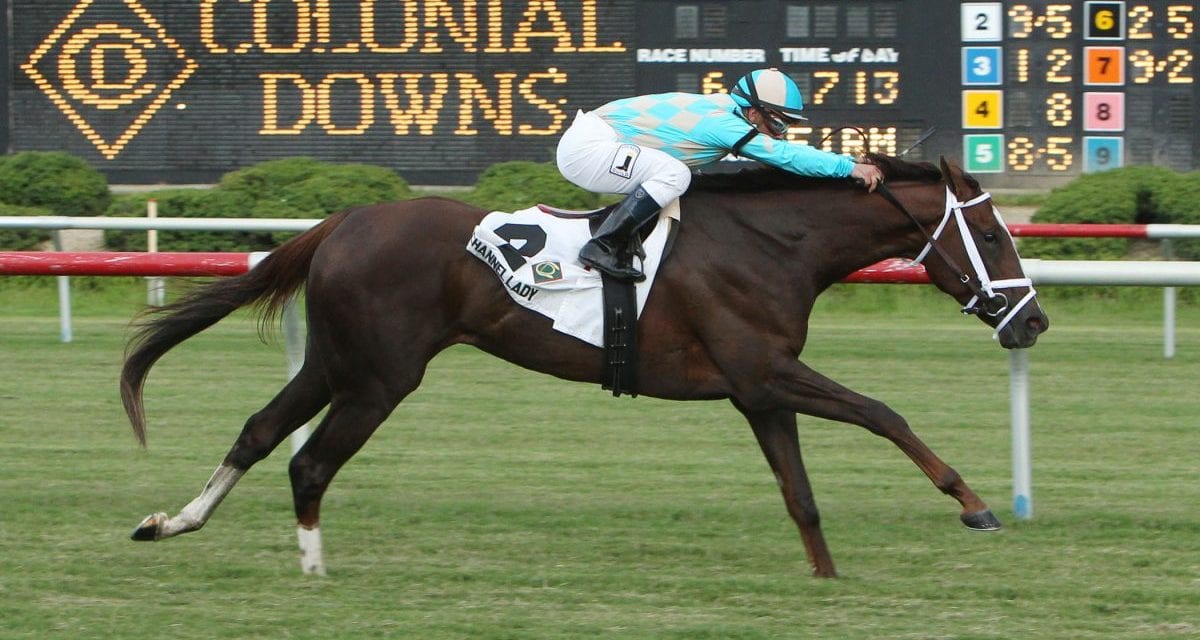Saying that there is “a conflict between what is good for the Virginia horse industry and what is good for Colonial’s bottom line,” the Virginia Horsemen’s Benevolent and Protective Association (HBPA) today fired back at Colonial Downs in the parties’ ongoing dispute over the number of days to run in 2014.
The contract that governs horse racing in Virginia between the horsemen and the racetrack expired on January 29. Because the lack of a contract prevents Colonial’s network of off-track betting facilities from accepting wagers on Thoroughbred racing — which constitutes the lion’s share of horse wagering — the contract’s expiration prompted Colonial to close several of its off-track wagering facilities until the contract situation is resolved (here).
At issue: the track had proposed running 12 days of live racing over a four-week period. The HBPA had countered with an offer of running 32 days over eight weeks. With no compromise in sight, an exasperated Virginia Racing Commission approved, at its December meeting, a schedule identical to that run in 2013, 25 days over five weeks.
Colonial has traditionally run an eight-week meet, and last year’s five week meet — to which the HBPA agreed “reluctantly,” it said — was billed as an experiment. While Colonial has maintained that the shorter meet was successful, because many “average daily” metrics improved, the HBPA counters that those slight average gains were more than offset by the reduction in days, leading to significant drops in gross numbers. Attendance, the group said, fell by 25 percent, while all-sources handle fell by 23 percent.
“These figures show the Virginia racing and breeding industry needlessly going in the wrong direction,” the statement, issued by HBPA Executive Director Frank Petramalo, said.
According to Petramalo’s statement, there is sufficient purse money to run an eight-week, 30-day meet with average purses of $200,000 per day. But, he maintained, Colonial would not agree to run the additional three weeks unless the horsemen agreed to fund many of the track’s “usual operating costs,” as well as forgoing certain off-track wagering revenue.
That, he said, was unacceptable to horsemen.
“The Virginia HBPA is willing to work with Colonial on accommodating those competing interests,” his statement concluded, “but not at the expense of an industry killing contract.”








If both sides don’t come up with something to resolve it, Minus well CLOSED IT INDEFINITELY OR BAN THE HORCE RACING IN VIRGINIA!
Virginia legislators need to approve slots and gaming for New Kent site of Colonial Downs. This is logical long range solution to create revenue for all parties involved and also put revenue to State when it is sorely needed. Would draw tourism increases and cause more Virginians to forego Las Vegas and Atlantic City,Gulfport trips etc. Racino business model works in so many other states, decision should be no brainer. Virginians need to protect the HBPA and Colonial because horse industry is great AGRICULTURAL industry creating JOBS and tax base!!!!